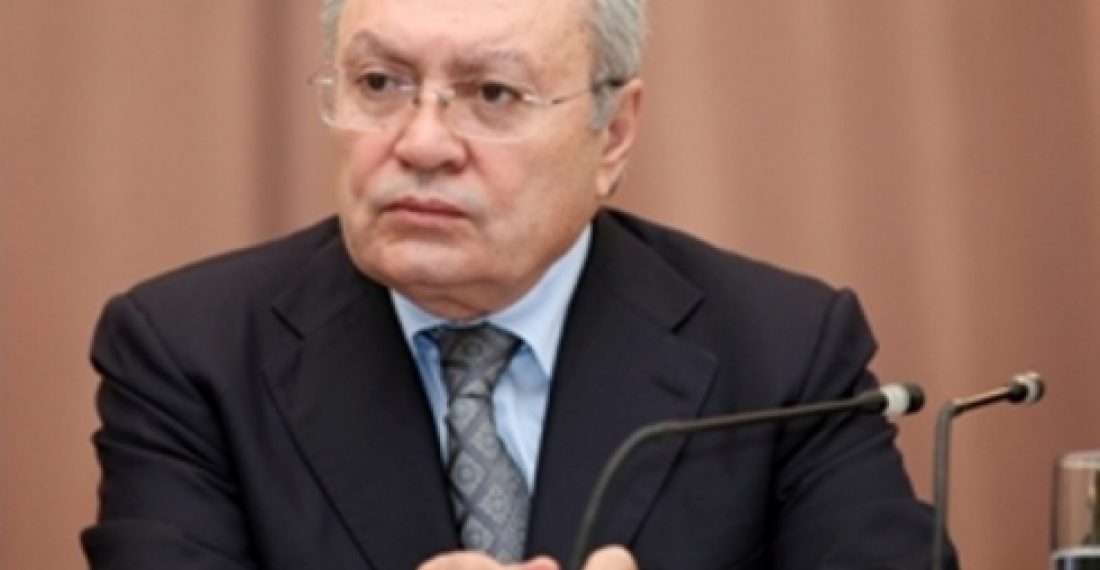Генеральный прокурор Армении Агван Овсепян в пятницу на Втором всеармянском форуме юристов в Ереване призвал юристов подготовить "безукоризненные правовые обоснования для ликвидации последствий Геноцида армян".
"Говоря о международном признании и осуждении Геноцида, основную ответственность мы возлагаем на Турцию. Турция, говоря правовым языком, является исполнителем преступления. И это так. Но мы, юристы, хорошо знаем, что помимо исполнителей, есть организаторы, соучастники, подстрекатели," - заявил Овсепян. По его словам, юристам многое предстоит сделать для ликвидации последствий Геноцида армян.
"Кто может стать ими? Наследники жертв? Армянская Апостольская Церковь? Республика Армения? Или все вместе? По моему глубокому убеждению, наследники жертв Геноцида должны получить материальную компенсацию, Армянской Апостольской Церкви должны быть возвращены уцелевшие церкви и церковные земли на территории Турции, Республика Армения – получить утраченные территории и т д. Но все эти требований должны иметь безукоризненные правовые обоснования." - аявил Генеральный прокурор Армении.
На конференции также выступил президент Армении Серж Саргсян. В своем выступлении Саргсян сказал, что "Международное признание Геноцида армян, его осуждение и устранение последствий всегда будут актуальны. Пока существует армянское государство, любая попытка замалчивать эту историческую реальность будет обречена на неудачу. Это величайшее преступление против человечности должно быть раз и навсегда признано и осуждено. В первую очередь – самой Турцией."
Более 100 известных юристов из Армении, Нагорного Карабаха и армянских диаспор приняли участие во Втором всеармянском форуме юристов.
Источник: commonsapce.eu по материалам news.am





